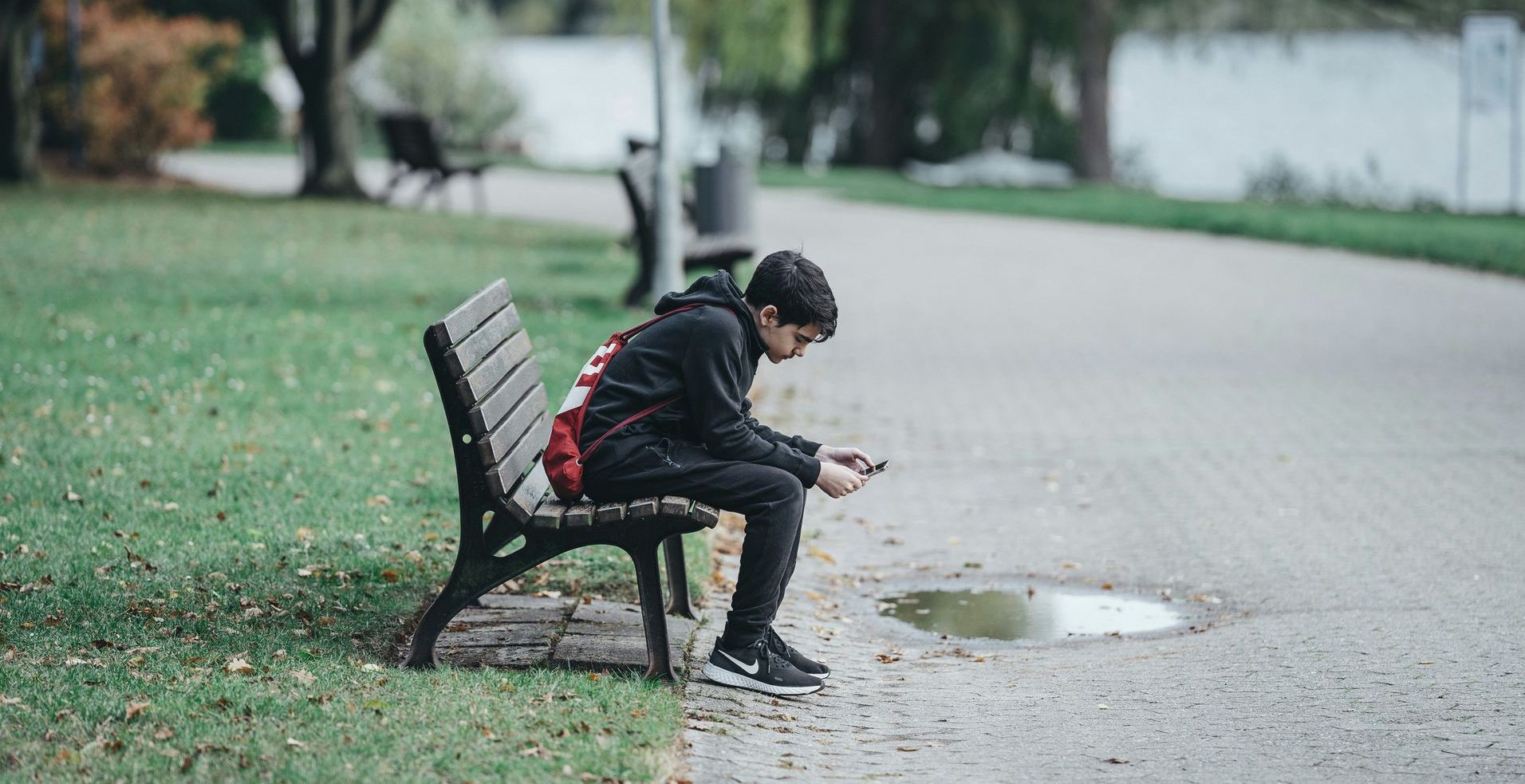Is My Teen Depressed or Just Having a Tough Week?
How to tell the difference and what to do next.

One minute they’re slamming doors, sleeping all day and being really irritable. Next, they’re laughing at memes and asking what’s for dinner.
Being a parent to a teenager can feel like riding an emotional rollercoaster with no seatbelt and no map.
So when your teen suddenly seems “off,” it’s hard not to wonder…
Is this just normal teen moodiness, or something more serious like depression?
First, Take a Breath
The teen years come with a lot: changes hormones, pressure, identity stuff. Feeling tired, irritable, or needing space is normal. But if those moods stick around longer than a few days or start affecting their sleep, eating, motivation, or self-worth... it might be more than just a bad week.
Signs to Look Out For
Every teen is different, but here are a few things that can signal it’s time to pay closer attention:
- They’ve lost interest in things they used to enjoy
- Their energy is low most of the time
- They’re sleeping too much or barely at all
- You’re noticing big changes in eating habits
- They’re constantly irritable, sad, or numb
- Their grades are dropping, or they’ve stopped showing up for school, friends, or life in general
It’s not about checking off every symptom it’s about tuning in. Trust your gut. You know your kid. If something feels different, it probably is.
What Not to Say
When you’re worried, it’s easy to go into “fix-it” mode. But phrases like:
- “You’re just being dramatic”
- "Just don’t be sad”
- "You have so much to be grateful for"
...can make them shut down even more. What they need is safety. Validation. Space to talk when they’re ready.
Instead, try:
- “You don’t seem like yourself lately. Want to talk about it?”
- “I’ve noticed you’ve been quiet anything on your mind?”
- “I'm here for you, and I love you no matter what,"
When to Get Help
If their low mood has lasted more than two weeks or you’re seeing signs of hopelessness, isolation, or self-harm don’t wait. Reach out to a mental health professional. Therapy isn’t just for crisis, it's for clarity, tools, and support. And yes, teens can open up to someone outside the family.
You Don’t Have to Navigate This Alone
If you’re worried your teen might be struggling with depression and you don’t know where to start, you don’t have to figure it out all by yourself.
Let’s talk about what’s going on, how to open the conversation, and how to get your teen the support they need without overwhelming them (or you).
Click here to learn more or book your session. You’re not failing. You’re showing up and that’s the most powerful thing you can do.











